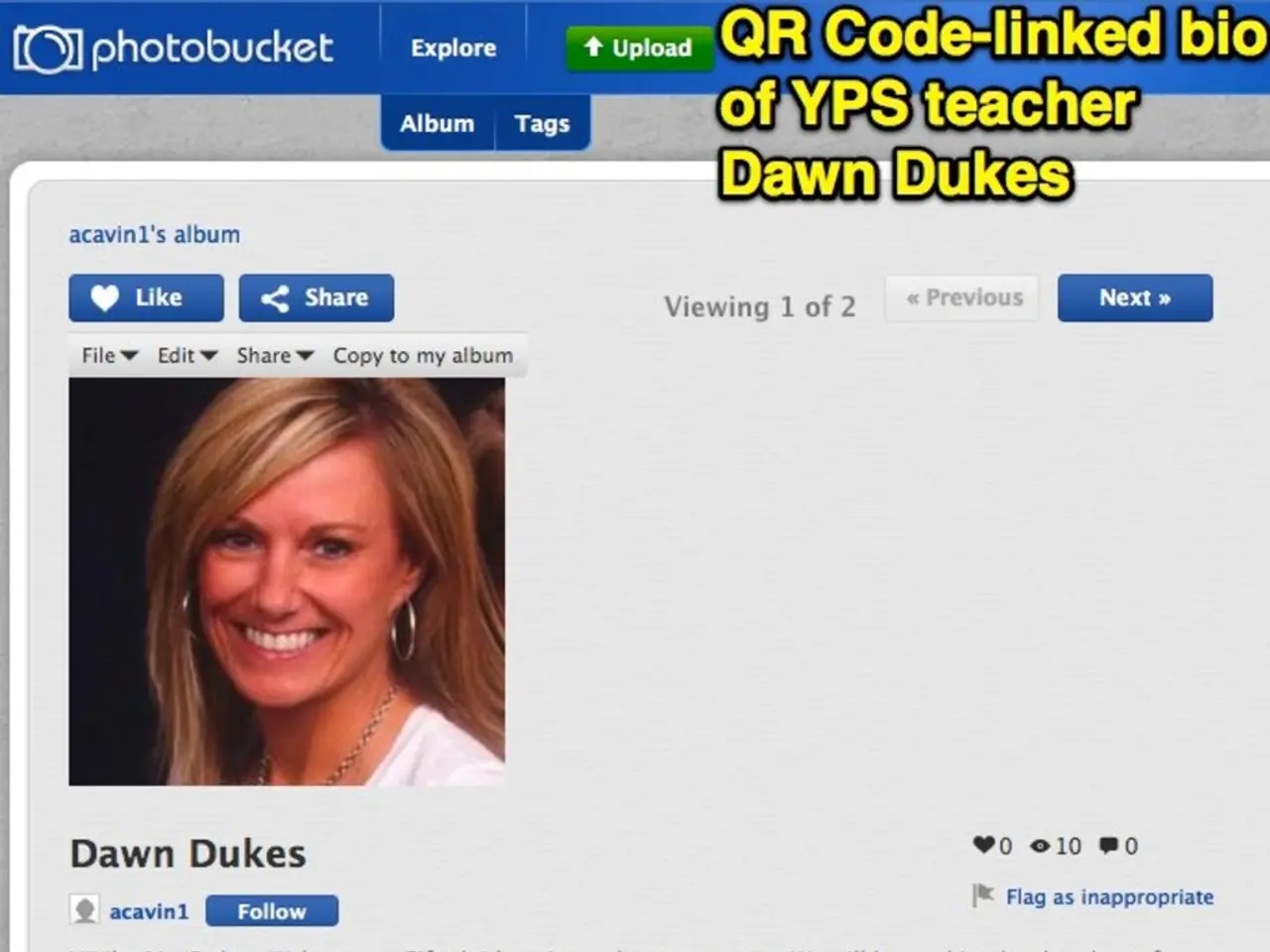Social Networks' Role in Shaping Mental Wellbeing
Social media has revolutionized the way we communicate and interact, serving as virtual spaces for sharing experiences, connecting with friends and family, and engaging with communities of shared interests. Platforms such as Facebook, Instagram, Twitter, and TikTok are used by billions worldwide, providing avenues for connection, information, and self-expression.
However, research conducted by scientists at the National Academy of Sciences Leopoldina suggests that while social media can offer valuable support, particularly for individuals facing mental health challenges, it can also have negative impacts. The discussion paper titled "Social Media and the Mental Health of Children and Adolescents" concluded that intensive use can lead to depression, anxiety symptoms, attention, and sleep problems.
One of the drawbacks of social media is its potential for cyberbullying, where individuals experience harassment or intimidation online. This can have severe emotional consequences, leading to depression, anxiety, and in extreme cases, suicidal thoughts.
Another concern is the addictive nature of social media, with users spending excessive amounts of time scrolling through feeds, potentially interfering with daily activities, relationships, and overall mental health. Constant exposure to social events and activities can trigger FOMO (Fear of Missing Out), causing individuals to feel excluded or inadequate, leading to increased anxiety and dissatisfaction with one's own life.
Despite these challenges, social media can also serve as a vital source of information on mental health issues, helping to destigmatize mental health conditions and encourage individuals to seek help. It can foster a sense of belonging and community for many users, allowing them to engage with others who share similar interests or experiences.
To harness the benefits of social media while minimizing its negative effects, individuals can adopt mindful practices. This includes setting boundaries, engaging in positive interactions, and focusing on self-expression rather than comparison. Prioritizing real-life interactions and creating a positive social media environment are also crucial.
It's important to remember that while social media can provide valuable support, it should not replace professional help for mental health issues. Seeking professional help is essential for those struggling with their mental health.
Finally, social media has also become a tool for activism, education, and entertainment, providing access to a wealth of information and diverse perspectives. By adopting mindful practices and prioritizing our mental health, we can make the most of what social media has to offer.
Read also:
- Peptide YY (PYY): Exploring its Role in Appetite Suppression, Intestinal Health, and Cognitive Links
- Toddler Health: Rotavirus Signs, Origins, and Potential Complications
- Digestive issues and heart discomfort: Root causes and associated health conditions
- House Infernos: Deadly Hazards Surpassing the Flames








